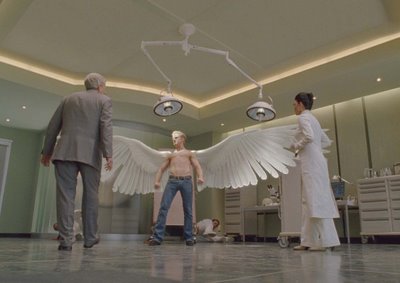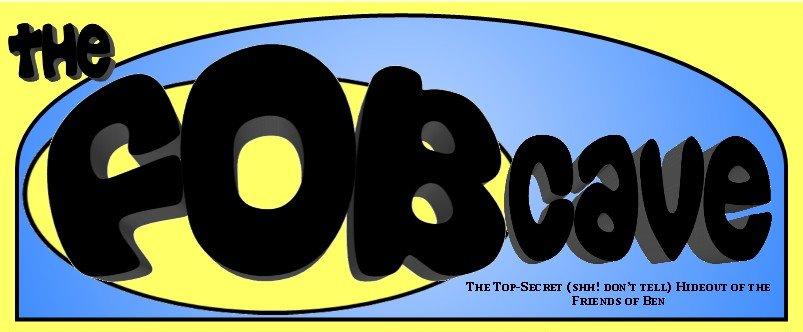
One of the really cool and poorly executed premises of X-Men: The Last Stand is that someone has created a cure for the X-factor (the mutated gene that gives mutants their powers), stirring controversy between mutants who want to be cured and mutants who are offended by the suggestion that they need curing, with obvious parallels drawn between mutants and homosexuals. So of course the question that I left the theater with was: If there were a cure for homosexuality would I take it?
It's a hard question. Considering the fact that I am married to a woman and the ideal would be for me to be attracted to her and no one else, it seems like I should not have to think twice about taking a hypothetical "straight pill." Yet still I hesitate.
Part of the problem is that being attracted to men is such an ingrained part of me that I cannot imagine myself otherwise. I don't talk about it all that much for a lot of reasons, but in truth I am very aware of my sexual orientation for a good portion of each day of my life. I work in a public place, and while I have to say that a good 80% of the male population of the world is entirely unattractive, that 20% that's left still adds up to quite a few men I interact with on a daily basis who, on some level or another, attract me. Even before my mission, when I was participating in reparative therapy with the supposed intent to change my sexual orientation, I never could imagine myself seeing a good-looking man and not feeling some kind of draw toward him. I suppose what it comes down to is that I cannot conceive of a Straight Master Fob, so if I were to eliminate the Gay Master Fob I'm not sure who would be left.
The other part is that, as much as I am philosophically opposed to pride, I take a certain pride in being different--different from the 90 to 95% of men in the world who are straight, and also different from the 4.99 to 9.99% who are gay but either closeted or in gay relationships but not openly gay and in a straight relationship. This is a silly reason. I hang my head in shame.
In theory I don't believe sexual orientation should be such an important factor in one's identity, but in reality it's a big part of how I see myself. Perhaps it's just that for such a long time I was unwilling to openly acknowledge that part of me, so now I'm giving it more importance than it deserves as compensation. Ideally, I suppose, with time I'll settle down to a healthier view of myself as a human being, independent of whether I call myself gay or straight.
You can bet, though, that if my sexual orientation were big white wings growing out of my back or kickass telekinetic powers, I would not give them up and I would not feel the least bit of angst over it.







